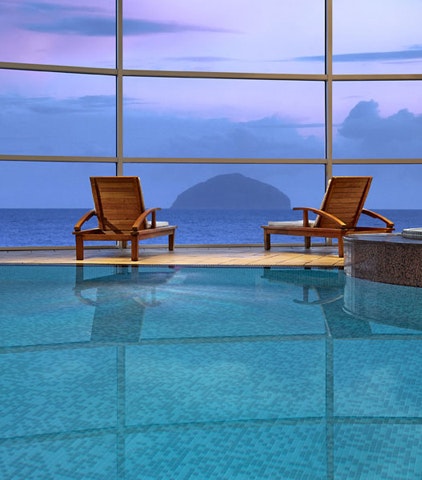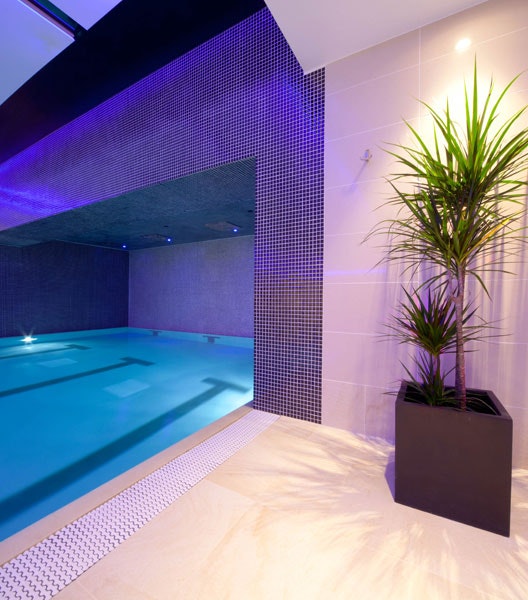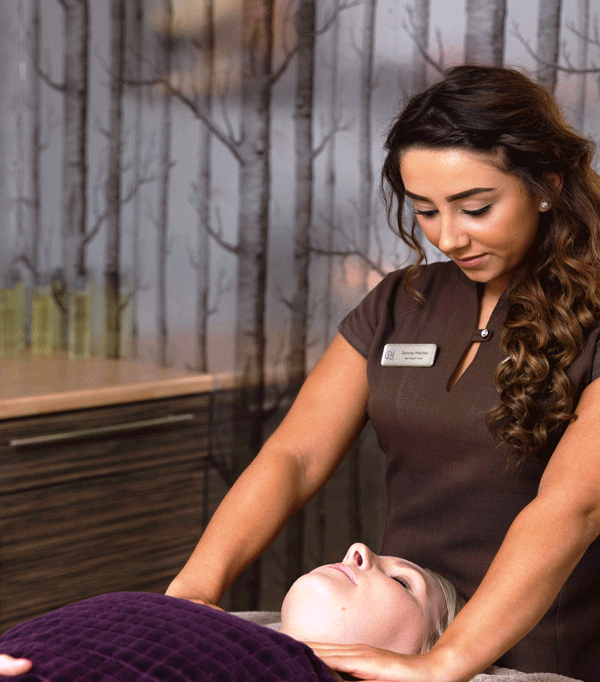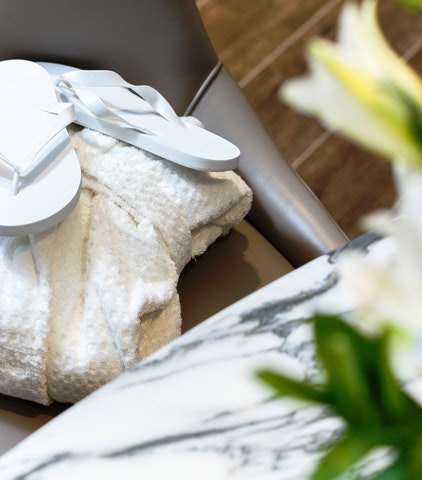
Spa Breaks and Treatments for Allergy Sufferers
According to the NHS, 1 in 4 people in the UK have at least one allergy at some point throughout their lives. Of course, not all allergies have a huge impact on our daily lives. However, if you do have an allergy and are planning a spa break, there are a few things to consider.
In this guide we discuss what an allergy is, how allergies may be affected during a spa break and how to prepare for your visit.
What is an allergy?
An allergy is the response of the body's immune system to a particular substance such as dust mites, foods and pollens. In allergic individuals, their immune system identifies those substances as a' threat' and reacts.
Having an allergy can be a nuisance and may affect your daily life, but most allergic reactions are mild and infrequent. Most allergies can be kept under control or treated by over-the-counter medication such as antihistamines.
Severe reactions can occasionally occur, but these are uncommon. It is important to remember that no two people are the same, and so symptoms and reactions can vary from person to person.
Symptoms of an allergic reaction
An allergic reaction is when an allergen enters or comes into contact with your body. Allergic reaction usually happens within a few minutes of exposure to an allergen. Symptoms of an allergic reaction may include:
- sneezing
- a blocked or runny nose
- eye irritation (red, itchy, watering)
- wheezing and coughing
- a red, itchy rash
- worsening of asthma or eczema symptoms
Most allergic reactions are mild, but occasionally a severe reaction called anaphylaxis or anaphylactic shock can occur. In this instance, the individual will need urgent medical attention and treatment.
Which allergies could a spa visit trigger?
When visiting a spa the main areas of concern for those with allergies are the treatments you have and any food you consume during your visit.
Any establishment that serves food should be allergy-aware. Allergen information should be clear and easily accessible. If you have an allergy, always double-check the ingredients of unfamiliar prepared foods and dishes.
Possibly more problematic are allergens used in spa treatments, such as nut oils. For example, products may contain cashew, hazelnut, horse chestnut, peanut, macadamia, sweet almond and walnut oils. If you have a nut allergy, your spa therapist may suggest jasmine or avocado oils as alternatives. You could even take your own massage oil with you.
Aside from the products used in your treatments, if your allergy is serious, you will also need to check there is no risk of cross-contamination in the treatment room. For example, you will want to ask whether the nut-free oils are stored away from the nut-based ones. A good spa therapist should thoroughly clean the area between clients and conduct a patch test before using a product on your skin, if there is a possibility of an adverse reaction.
Whatever your allergy, don’t be afraid to raise any concerns with your spa venue or spa therapist beforehand. Spas want you to experience a positive, relaxing visit, so should be more than happy to accommodate your needs and allay any fears.
How can you prepare for a spa break?
With a bit of preparation, there is no reason why your allergy should spoil your spa day or spa break.
If you have allergies (or any other medical condition), you must tell the spa ahead of time. A good spa will have you fill out a form asking for such details. However, it is worth discussing it before you arrive to make sure the spa offers products and treatments that are suitable for you.
If you have a severe allergy, be aware that some spas might require written confirmation that you have seen a doctor and have received approval for a particular treatment. To avoid disappointment, it’s worth booking a visit to your GP prior to your arrival. Take your doctor’s details with you, along with any prescribed medication or your EpiPen.
What benefits can spa treatments have for those with allergies?
It has been suggested that spas could be beneficial for those with allergies. For example, the Spa Industry Association has previously stated that a face and neck massage could have a “positive effect on allergy symptoms” as it can help to reduce sinus tension and prevent headaches. Similarly, a sauna could help to clear congestion. Finally, you will find that some health spas and luxury spas offer allergy testing as part of their services, which may be able to help you if you experience certain unexplained symptoms.
Some of our favourite spas
Champneys spas are happy to cater for people with allergies and even offer alternative treatments that are beneficial for a range of allergy symptoms
Lifehouse Spa & Hotel in Essex is a great choice for people with allergies and offers a range of digestive health treatments
Ragdale Hall Spa in Leicestershire is happy to discuss any special requirements ahead of your visit and offers food sensitivity/intolerance testing
If you would like more information or are ready to book your next spa break, why not get in touch with one of our experts today?





